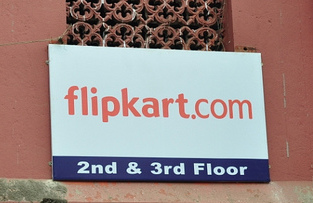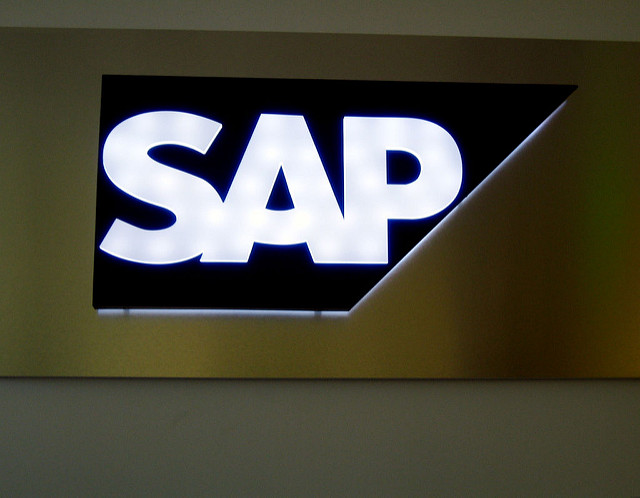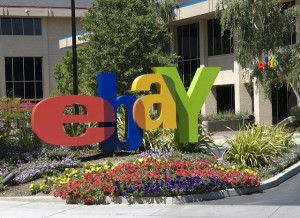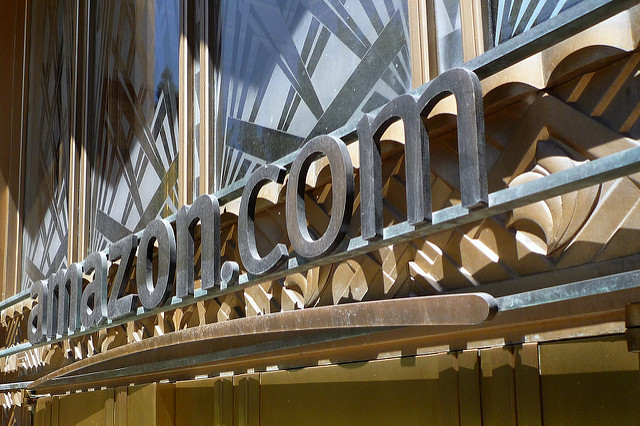Technology Stocks
Billion Dollar Unicorns: Robinhood Joins the Club

In 2016, fintech companies raised about $12.7 billion across more than 800 deals, according to CB Insights data. Another Billion Dollar Unicorn from this sector is Robinhood, which is trying to democratize stock trading through its technology-driven brokerage.
Featured Videos
Can 1M/1M Help Me Raise Money?
How Does 1M/1M Democratize Entrepreneurship Education?
How Does 1M/1M Democratize Management Consulting?
When Is The Right Time To Join 1M/1M?
Can 1M/1M Help Me With Business Development?
Can 1M/1M Help Me With Market Sizing?
Can 1M/1M Help Me Validate My Product?
Will I Have Private 1-on-1 Sessions In 1M/1M?
How Does 1M/1M Help Entrepreneurs Connect With Silicon Valley?
Mentoring or Consulting?
Why Does 1M/1M Charge $1000 a Year?
Why Does 1M/1M Partner With Local Organizations?
Why Don\’t Mentoring Networks Work?
Why Is It Important To Study With 1M/1M Now?
Dan Stewart Story
Vikrant Mathur Story
Microsoft Shifting Gears on All Fronts

Last year, I had suggested that Microsoft (Nasdaq: MSFT) may well be a dark horse in the five horse tech race. Its recent performance confirms that analogy. And the horse is running a good race. The company continues to compete with the likes of Apple, Amazon, and Alphabet across multiple offerings to make sure it no longer lags.
India’s Most Dangerous (Ad)Venture: A Turnaround Strategy for Flipkart

Flipkart last month announced that it has raised $1.4 billion in funding from Tencent, eBay, and Microsoft and that it will be buying eBay’s Indian business. It is also in talks with Snapdeal for a possible merger or acquisition. But would buying these broken businesses help Flipkart fight Amazon? This question haunts the aficionados of the Indian startup movement. If Flipkart manages to somehow find success, the nation’s nascent startup momentum will continue. If it fails, it will fail in a very public way, and it will take down the entire industry’s momentum with it. Especially, it will dramatically dampen the Indian e-commerce sector’s hopes and dreams. This post is an attempt to look for a silver lining that may be able to turnaround the company. >>>
Will Microsoft Acquire Tableau in 2017?

According to an IDC report published last year, worldwide revenues for Big Data and Business Analytics are estimated to grow from $130.1 billion in 2016 to over $203 billion in 2020. The growth is expected to be driven by banking, discrete manufacturing, process manufacturing, federal/central government, and professional services, which accounted for nearly half of worldwide Big Data and Business Analytics investments.
SAP Continues to Soar, Despite Earnings Miss
Enterprise services provider SAP (NYSE: SAP) continues to ride high on the success of Hana and its Cloud initiative. In the recent result announcement, SAP missed its earnings expectations. But the market is not worried and the stock has soared to a record high. Nothing appears to be stopping this stock.
Facebook Continues to Battle Controversy
According to eMarketer’s report on US advertising, total digital ad spending in the country is expected to grow 16% to $83 billion this year. While Alphabet will remain the leader in the market with 41% of US digital ad revenues, it will continue to lose ground to Facebook (NASDAQ: FB) within display advertising. Facebook’s US display business is expected to grow to 32% to $16.33 billion and account for 39% of the US display market. Alphabet will be a distant second with 12.5% of display ad share.
Apple Fails to Impress

Apple (Nasdaq: AAPL) may have become the largest dividend payer in the world and may have a cash pile bigger than the market cap of GE, but the market is still not impressed. After touching a record high before the result announcement, the stock fell as the company continued to struggle with growing its iPhone sales and failed to deliver an impressive outlook.
eBay Trying to Take on Amazon with Weak Moves
According to a BI Intelligence report, the US consumers spent an estimated $385 billion online in 2016 and are expected to spend $632 billion in 2020. The report also found that the number of online shoppers in the US grew by nearly 20 million last year to 224 million shoppers.
Alphabet Shares Racing to the $1,000 Mark
The unstoppable Alphabet (Nasdaq: GOOG) appears to be moving fast to break the $1000 a share price tag. Its consistently stellar performance has helped drive its market cap north of the $600 billion market cap level for the first time. And, it doesn’t look like the growth will slow down soon. According to eMarketer, US digital ad spending will increase 16% this year to $83 billion and Alphabet and Facebook will continue to claim the largest share in the industry. Alphabet’s overall share of digital ad spending is estimated to be 40.7% this year compared with Facebook’s 19%.
Prime Focus Paying Off for Amazon
According to BI Intelligence, US consumer online spending will grow from $385 billion in 2016 to $632 billion in 2020. While the average US retail growth rate was just 2% in the first half of 2016, it was 16% for e-commerce. Amazon (NASDAQ: AMZN) is the dominant force in the US e-commerce sector with a 43% market share fuelled by the success of Prime memberships. I expect their market share to grow as they master new categories of retail. >>>





